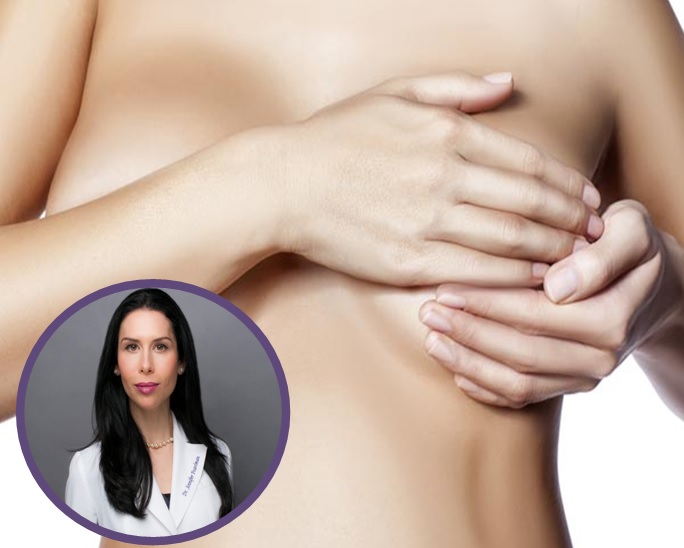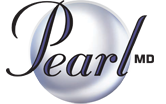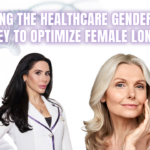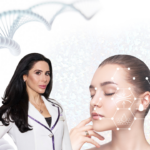Emerging research into the complex genetics of breast cancer and estrogen metabolism are opening the door to new risk markers that will better enable preventative health strategies and early detection. Find out what you can do to reduce your risk!
An Ounce of Prevention is Worth a Pound of Cure
 Breast cancer results from uncontrolled growth of breast cells. About 1 in 8 Canadian women will develop invasive breast cancer over the course of her lifetime. Only 20% of women diagnosed with breast cancer have a family history of breast cancer and known gene mutations (such as BRCA1 and BRCA2) account for only 5 to 8% of cases. This means that most breast cancers occurs in women without a family history.
Women living in the US have a 10-fold greater risk of dying from breast cancer as compared to women living in Thailand. When women migrate from areas with a low incidence of breast cancer (i.e. Asia) to North America their breast cancer risk increases. These facts suggest that environment, diet and lifestyle play an important role in shaping risk and combine with our genetic predispositions to determine our health, aging and risk of chronic disease and cancer. Breast biology is largely determined by hormonal and tissue factors. Estrogen is the dominant hormonal signal stimulating the breast and in more differentiated cancers the most common hormonal trigger for metastatic spread. Other tissue factors such as inflammation and injury (chemical, physical or radiation) can also increase risk. The transformation of a normal breast cell to a cancer cell often proceeds the diagnosis by 7 years. During this critical window, early breast cancer remains below the detection limit of our screening tests such as mammograms and physical exam. But in the early subclinical stage, there is the greatest possible impact of risk reduction and prevention through hormone balance, estrogen metabolism and detoxification support and anti-inflammatory, anti-oxidative therapy. The following six steps provide a complete plan for breast healthy living:
Breast cancer results from uncontrolled growth of breast cells. About 1 in 8 Canadian women will develop invasive breast cancer over the course of her lifetime. Only 20% of women diagnosed with breast cancer have a family history of breast cancer and known gene mutations (such as BRCA1 and BRCA2) account for only 5 to 8% of cases. This means that most breast cancers occurs in women without a family history.
Women living in the US have a 10-fold greater risk of dying from breast cancer as compared to women living in Thailand. When women migrate from areas with a low incidence of breast cancer (i.e. Asia) to North America their breast cancer risk increases. These facts suggest that environment, diet and lifestyle play an important role in shaping risk and combine with our genetic predispositions to determine our health, aging and risk of chronic disease and cancer. Breast biology is largely determined by hormonal and tissue factors. Estrogen is the dominant hormonal signal stimulating the breast and in more differentiated cancers the most common hormonal trigger for metastatic spread. Other tissue factors such as inflammation and injury (chemical, physical or radiation) can also increase risk. The transformation of a normal breast cell to a cancer cell often proceeds the diagnosis by 7 years. During this critical window, early breast cancer remains below the detection limit of our screening tests such as mammograms and physical exam. But in the early subclinical stage, there is the greatest possible impact of risk reduction and prevention through hormone balance, estrogen metabolism and detoxification support and anti-inflammatory, anti-oxidative therapy. The following six steps provide a complete plan for breast healthy living:
- Balance your Hormones
- Enhance Estrogen Metabolism
- Maintain a healthy body weight and shape
- Exercise regularly
- Avoid excessive Alcohol
- Limit Environmental Exposure to xeno-estrogens




